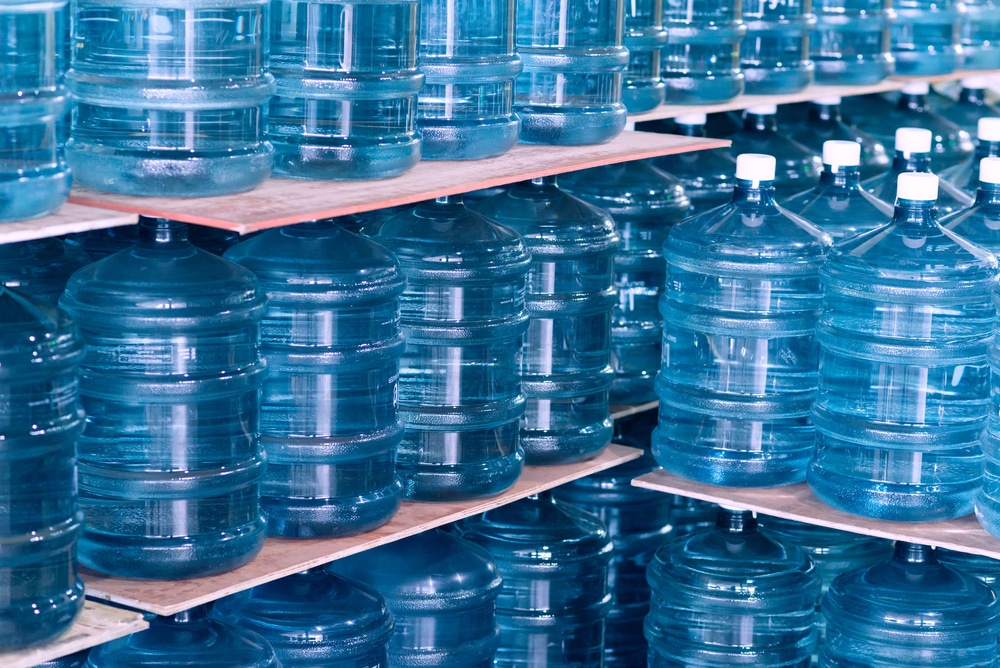One US gallon of water weighs around 8.33 Pounds or 3.78 kilograms at room temperature. The exact weight of water varies according to its degree of density, which in turn depends on its storage space.
You can find out more about the weight of water and try out our water diet and reference chart – when you dip your toe to our handy guide below.

How much is a gallon of water?
If we are talking about the weight of a gallon of water, we all need to be clear about what a gallon really is.
In America, a gallon is 128 fluid oz or 3.785 liters.
In the UK, however, a gallon is 160 fluid oz or 4.546 liters. (We have more on that insanity finished here.)
For the sake of the question, ‘How much does a gallon of water weigh?’, we will concentrate on the American gallon (128 fl oz).
Just how much can water weigh?
Folks used to go from the principle that a liter of water weighed a kilogram. Simple, huh? The attractiveness of this metric system is in its own tidiness: 1cm³ of water is 1ml, also weighs 1g. So 1L of water (1000ml) weighs 1kg (1000g). And wouldn’t it be fantastic if it really was that simple? Related – Degrees of Freedom in Statistics
What is the burden of a gallon of water?
A US gallon of water weighs around 8lb, but the specific measurement actually depends on a couple of environmental things that we’ll walk you through today.
What affects the weight of water?
As you’ll know from boiling water onto the hob or freezing it into cubes, water can change its state. These are extreme examples, but even moderate fluctuations in temperature do have an influence on the behavior, and so the weight, of water.
Likewise, just as the burden of water would be different on land, at the bottom of the ocean, or on the moon, atmospheric fluctuations have an effect on its mass.
If you warm water up, you raise its energy. Basically, water molecules get excited and start bashing each other around like a crowd of rabid shoppers on Black Friday. The quantity of space each molecule currently needs is greater, for the reason that they’re turning around, high-kicking, and elbowing one another, rather than standing peacefully in line. So increasing the energy (i.e. heat) of water reduces its density. Molecules become more spaced out.
Consequently, if you have a gallon pitcher which you fill with cold water from the faucet, it is going to weigh over a pitcher of boiling water. The density of this cold water is higher, so more molecules fit in a particular area (the gallon pitcher) than will be from the hot water.
The tl;dr version (“too long; didn’t read”) is that hotter water weighs, and colder water weighs more.
I tried it in the kitchen just now, using a pint glass. A spoonful of water weighed 560g, but a pint of hot water weighed only 530g. Less water fit in the glass. (I guess the lesson here would be to purchase a pint of beer if you’re trying to lower alcohol, in which case, we Brits are a few really health-conscious folks.)
Alright, however… How much does a gallon of water weigh?
Water is the most dense when it is at 39.2ºF or 4ºC. At this temperature, a gallon of water weighs around 8.345pounds. Turn the heating system up to 200ºF though, and a gallon of water will weigh around 8.04pounds.
More For You: